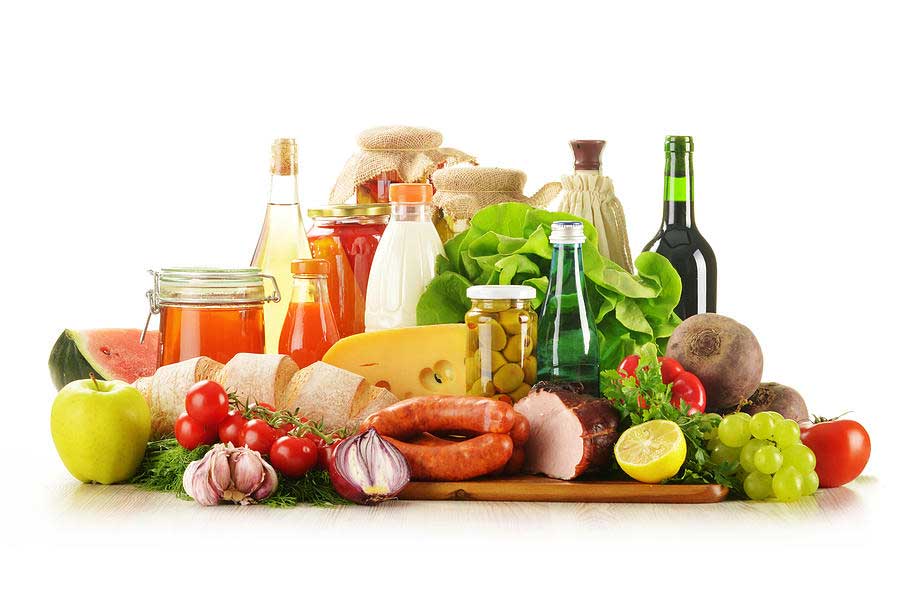If you are shipping produce and manufactured goods across the globe, there are tariffs, health and safety and type approval regulations you need to be aware of. Mostly, these are cover import taxes, and differing global regulations covering product safety.
But if you choose to start shipping produce or plant material internationally, there are an altogether different set of rules you need to be aware of. And many of these relate to the spread of diseases around the globe. Should you even be considering importing a foodstuff, drink or supplement that is sold in one part of the world, you cannot be certain that authorities in another part of the globe will be automatically happy to receive it.
One of the most draconian sets of rules about importing natural products is in Australia. The country jealously guards the fact that it has yet to experience some of the pests, weeds and insects that are present elsewhere on the globe, where they can cause disease, crop deterioration and other problems from infestation. Australia’s Biosecurity Import Conditions system, or BICON, sets down conditions under which plants, and plant products, will be permitted into the country.
Similar rules apply elsewhere in the world, designed to prevent the spread of disease. Even inert products, which have been stored in the open, may be subject to fumigation, should it be considered they may be harbouring insects such as spiders. Even apparently harmless items, such as native musical instruments or traditional furniture, may be considered unwelcome, if they have been made from local raw materials such as wood, which were not treated prior to use. Wild wood can harbour a range of pests, including termites, beetles and rot – all unwelcome arrivals as far as many countries are concerned.
So, where does this leave you as an importer? The answer is to work closely with a logistics expert, who can advise on the best way to comply with regulations on shipping produce. Permits may well be needed for specific products, along with certification regarding origin and inspections. Packing may need to be planned so that it is accessible for inspection at a port or airport of arrival.
Failure to comply with all the relevant regulations could mean that goods are held up for some time, as any inspection is undertaken; in the worst case scenario, goods can be confiscated and incinerated, should it be considered they present an environmental danger to the market they are headed to. The key here is to plan ahead, whatever you are considering importing into a new market, and take advice on what regulations your products are likely to be checked against. By working closely with an expert logistics provider, you can cut the likelihood of hold-ups along the way, understand precisely the costs associated with importing a particular product, and eliminate the risk of goods being seized for non-compliance.
Do the Smart thing when it comes to Shipping Produce and call our import and logistics experts on 01442 507240 or contact us here.
You might even want to get an online quote too.

